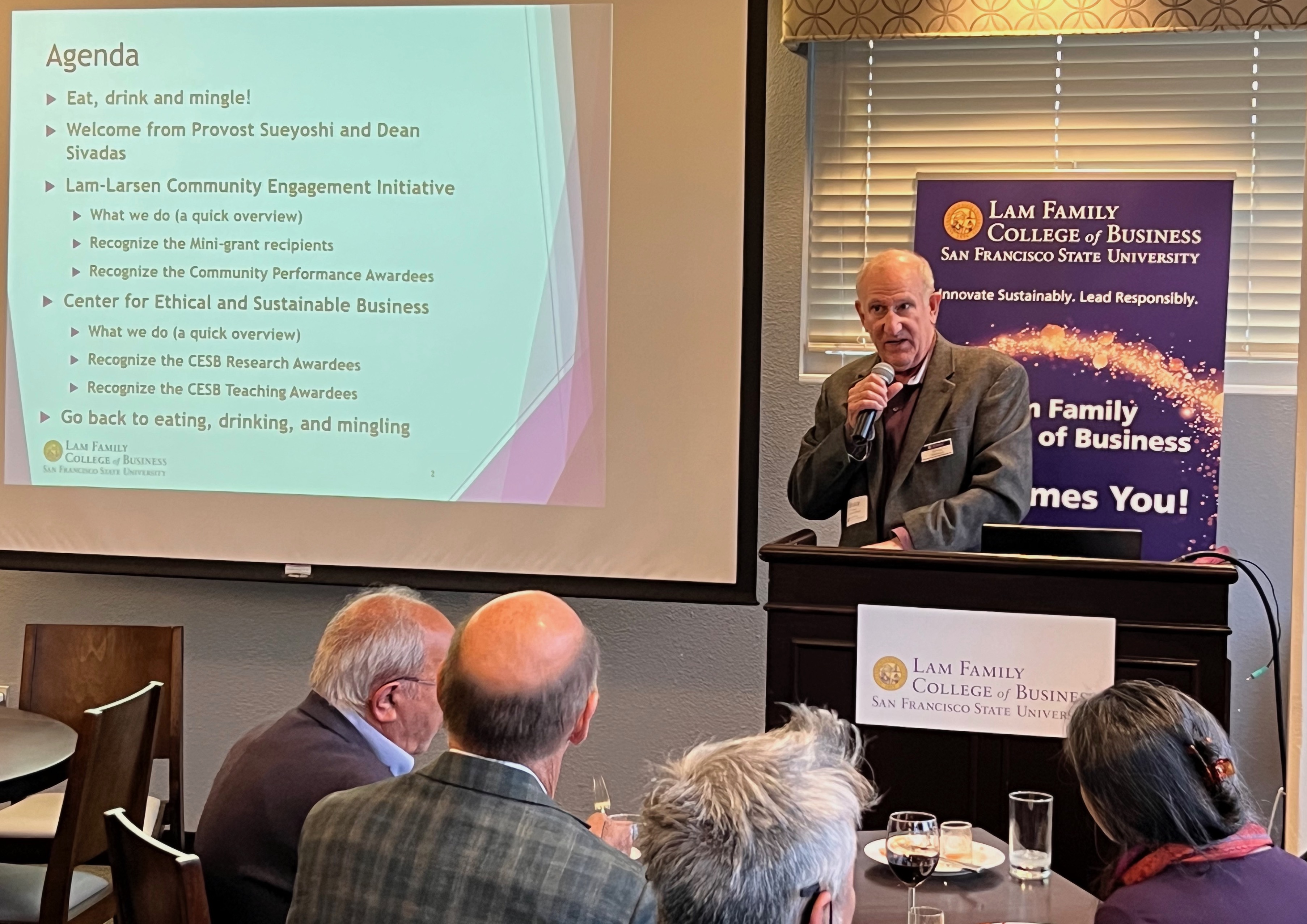Table of Content
Use your Class Planner worksheet to place checkmarks next to those requirements, as they will be complete by the end of this semester. All policies and procedures for students relating to the Bursar's Office can be found here. A list of all bursar forms, documents, policies, and procedures can be found through these two pages. Tell the IRB and the volunteerswhen,where, andhow longthe research will be, and exactlywhatthey will experience during the research procedures. Tell them what you would like to know before volunteering as a research volunteer.
The committee can request a validation of the literature by either Human and Animal Protections, if appropriate personnel are available, or by an outside consultant. FDA regulates dietary supplements as foods, and not as drugs. True "informed consent" cannot be given if the true nature of the research is deceptively presented. One of the IRB's responsibilities is to monitor research, especially the recruiting and consent processes and documents. The person signing the permission letter must also know what your research topic and title are. Frequently it is easier for you to write the letter for them, have their office copy it on school or agency letterhead, and then have the director or principal/assistant principal sign it.
Does my Project Require Review
All individuals conducting human subjects research are required to pass an online research training course. This includes not only the principal investigator but also all co-investigators, research technicians, research assistants, or student assistants who have contact with the research participants or identifiable data. Why do I have to get letters of permissionA person in authority must be aware of and approve your recruiting from among the clients, students, etc. of the organization through which you plan to recruit participants or conduct your research.
These deviations can be reviewed in HAP; they may or may not require a modification . We suggest that students planning non-exempt research projects turn in their protocols prior to the department and university deadlines to accommodate the revision cycle during the pre-deadline periods. For instance, submitting a non-exempt protocol to the Grad Studies office in September or early October will assure that the IRB will review it and any requested changes or clarifications before the end of the semester. Although the committee usually does not require changes to a researcher's study design, it does have the prerogative to do so when the design contributes to the risk encountered by the subject. For dietary supplement research, the committee may request changes in the design to either reduce the risk to the volunteer or increase the benefit of the research to justify additional risk. Non-exempt protocols will receive an official letter of approval with the protocol number, date of approval, and an expiration date.
Typical response time:
In the period right after the semester deadlines, the committee reviews the bulk of the protocols we receive all year, so it may take some time to get on the agenda for a meeting. You will receive an e-mail once your protocol has been placed on an agenda. Minoradverse events that require reporting should be reported on the Minor Adverse Event Report Form to HAP in a timely manner.
For instance, if you are collecting interview data and looking for common themes throughout, please state this, mention potential themes, and reference Glaser and Strauss in your lit review. If you are using the data anecdotally to support your own observations, field notes, or journals, please state this. Major deviations need to be reviewed by the IRB to decide action. These deviations may or may not require a modification , which will need to be reviewed by the IRB. The IRB may give permission to the investigator to use data collected during non-compliance. Incidents of alleged or known protocol violations will be investigated by the IRB Chair, who may initiate a review to determine the validity of the complaint.
Hours of Operation:
We send the e-mail confirmation within a week of a protocol's arrival. Exempt protocols will be certified as such in the office. You will receive an e-mail notifying you of its exemption from further review.
The IRB will very likely require more changes after its review. You will receive an email from the IRB chair, notifying you of your protocol? S review status, and any final changes required by the committee. "Recruiting scripts" refer to the content of an in-class presentation or a telephone call, the text of an e-mail, letter, or newspaper advertisement, or the copy of a flyer you will post to inform prospective volunteers about your research. They should be a simple invitation to participate in the research. If you are conducting a qualitative study, state specifically which qualitative method of analysis you will use, cite the relevant literature, and tell us what that means with regard to your own research.
About IRB Committee
The protocol will not expire, but changes to the research may require review. After either the office or the committee has reviewed a protocol, the office will send the investigator notice of one of the following outcomes via e-mail. The most common documented reason for delay in the revision cycle is researchers’ delays in sending requested revisions. Protocols and revisions are reviewed in the order in which they are received, so every day counts.

Adverse events are reviewed by the Institutional Review Board Chair to determine level and relatedness of the event. Renewals will not undergo pre-review until all pertinent documents have been received. Research covered by this policy that has been approved by an IRB may be subject to further appropriate review and approval or disapproval by officials of the institution.
Consider conducting an exempt research project, which will not need full committee review and will not expire. We can advise an investigator prior to submission whether or not a project will qualify for exemption. In general, surveys and interviews of adults, about non-sensitive topics, are considered exempt. Research with vulnerable or patient populations would require more stringent review by the committee than research on normal volunteers. The committee may require additional literature review that addresses this population.
This assent could be a simplified version of our adult informed consent model, assuming that the adult version is written at the eighth grade level. Again, make it non-technical, jargon-free and readable by the year olds who will participate in your research. The use of a formal verbal assent is complicated, requiring witnesses to attest to the child's understanding, and not recommended, although this may be required for research with more than minimal risk and discomfort to the child such as a clinical trial.
A copy of the current informed consent document and any other supporting documentation must be included for review. This event will usually trigger a modification of the protocol and related documents. All resulting modifications to the protocol must be approved by the IRB. If the category is determined to beExpedited, we will work with you to prepare and revise your protocol for a designee of the IRB, which is currently the IRB Chair.
Continuing review of research previously approved and determined, at a convened IRB meeting, to be research involving no greater than minimal risk, where no additional risks have been identified. To determine the research review status, the IRB office requires a full protocol submission, all related documents such as recruiting script, final survey or interview instruments, and an informed consent process and documents. If the purpose of the secondary data analysis is found to differ significantly from the purpose of the original study, the IRB may require that informed consent for secondary data analysis is obtained from the research volunteers.

No comments:
Post a Comment